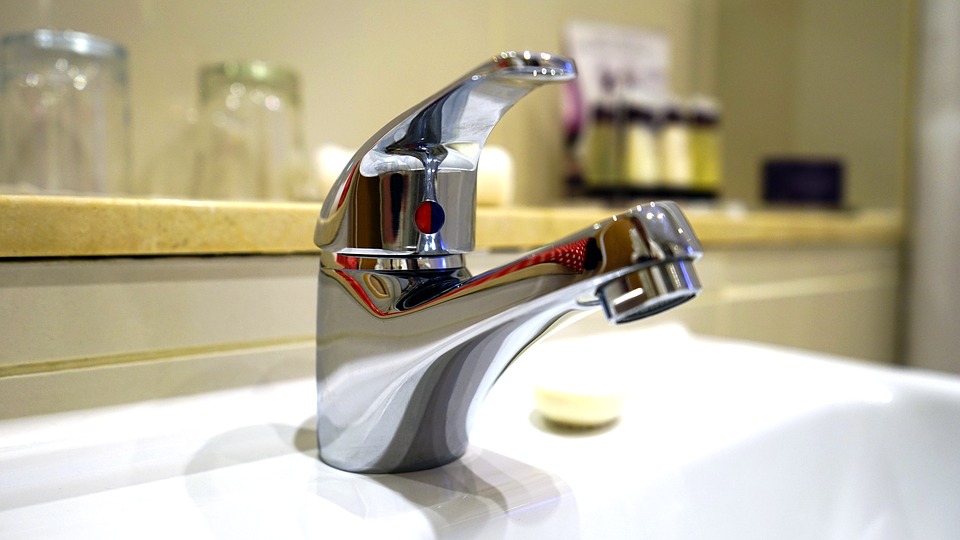
For most of us, on-demand access to hot water isn’t optional — we count on our water heaters to get us through every shower and sinkful of dishes. But even top-of-the-line water heaters aren’t built to last forever, so unless we want to see our hot water access disrupted, we must preempt water heater failure by replacing units that are nearing the ends of their lives.
Predicting water heater failure isn’t always easy, but these occurrences are most common when a water heater is reaching the end of its useful life.
Water Heater Age
After years of service, lots of things can begin to go wrong with a hot water heater. Parts wear out. Corrosion develops. Tanks crack. For most tank heaters, ten years is a full life.
Knowing the age of your water heater is key to proactive replacement. If you can’t recall when yours was installed or you recently purchased your home, you can verify the date by checking the serial number label. Manufacturers note the month and year each unit is produced within the serial number, but this is often an alphanumeric code. Refer to your water heater manufacturer’s website to learn how to interpret your model’s code and confirm its age.
Compromised Hot Water Supply
When things aren’t going right with your hot water heater, the first symptom is often one you can feel. The hot water coming from your shower and taps can be either cooler than usual or it may run out noticeably faster than before.
This could be due to a failing heating element, which a licensed plumber can diagnose and repair. But it could also mean that mineral sediment has coated and hardened on the bottom of your tank, including on the heating element. This tends to happen around or after the ten-year mark, and should be interpreted as a serious indicator of imminent failure.
Rusty Water
You’ll get a full life out of your water heater if you routinely check the anode rod and replace it when necessary. This sacrificial rod attracts corrosive elements suspended in your water, gradually rusting away so your water heater tank doesn’t have to. But if you don’t replace this rod before it’s used up, those corrosive agents will begin attacking the entire unit.
Tank corrosion may present itself in the form of rusty water coming from your taps. You can confirm the problem is in your water heater and not your pipe system by flushing your water heater tank, another routine maintenance task, and checking to see if the drained water is rust-colored. If your water heater is rusted out, the time to replace it is now — before it springs a leak.
Water, Water Everywhere
Whether due to rust, manufacturing flaws, damage or other causes, tank water heaters will spring a leak on a long enough timeline. The most effective way to address this is usually to check your water heater for leaks regularly and take action at the earliest sign of unexpected dripping or moisture.
Keep It Down
Even if none of these symptoms are present, you may get the heads-up that your water heater is on the skids if there’s a loud banging sound whenever it’s heating a tank of water. As the aforementioned sediment settles and hardens, it forces your water heater to work harder, and that can lead to rapid expansion of the tank itself. If you hear constant clanking coming from your tank, it’s time to get a new one.
Do any of these symptoms sound familiar? If so, call your licensed, local plumbers today for a thorough inspection and no-obligation consultation on replacement options.






